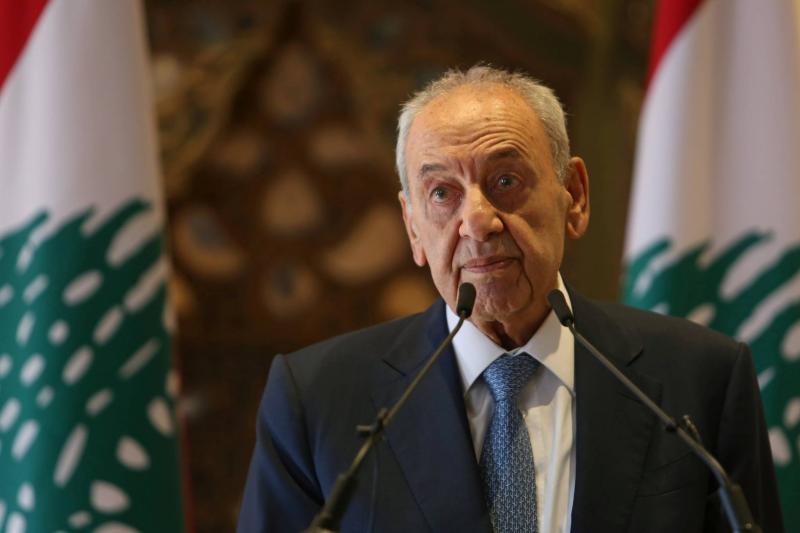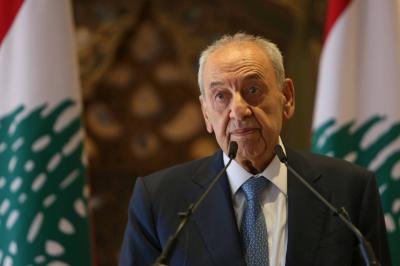It seems that Patriarch Bechara Rai understands more than many Christian political leaders that the crisis of presidential vacancy will remain unresolved due to the division and disagreements among Christian forces and their lack of agreement on certain permanent constants that serve the sustainable, rather than temporary, interests of Christians through settlements that quickly lose their effectiveness at the first disagreement. He also realizes that any session to elect a president of the republic is primarily in the hands of the major Christian blocs, not solely the hands of other political forces, which come second and are either voluntarily or as a matter of fact obligated to go along with what the Christian majority wants, if it exists. However, Christian politicians, especially among the Maronites, have varied backgrounds, a reality demonstrated by the experiences of the past decades, both before and after the Taif Agreement.
Therefore, Patriarch Bechara Rai has called on Christian MPs to a "day of spiritual retreat and prayer" on Wednesday, April 5, in Harissa, as part of the communications and efforts he is making to complete the presidential obligation through an understanding of the Christian parliamentary blocs. He may have used the phrase "spiritual retreat and prayer" instead of "meeting of Christian leaders" in hopes that the "Holy Spirit" will descend upon the MPs representing the Christian political forces to unite their hearts and minds on what serves the interests of Christians first by electing a president of the republic as quickly as possible, rather than sinking into the quagmire of high-stakes positions, demands, conditions, and specifications that cannot be met by one person. Moreover, these have merely become ideal "clichés" that quickly fade away to be replaced by political realism, which requires treating the presidential obligation as a politically crucial event and an essential constitutional requirement that must be addressed according to the political landscape rather than the unrealistic ideas of some politicians that are populated by populist or consumerist slogans.
For any president of the republic is a child of this political land who deals with it as it is, especially in light of limited powers, most of which, according to some constitutional and legal terms, are negative and obstructive, as these powers focus on objection and the dismissal of decrees and laws rather than permanently suspending or amending them to align with the president's policies or aspirations.
In reality, the executive authority is in the hands of the Council of Ministers collectively, and any coalition against the president of the republic, unless it possesses a two-thirds majority or a guaranteeing third, restricts him and paralyzes his effectiveness. And there are precedents from the four terms that followed the Taif Constitution, especially after the violation of the covenant during numerous stages, which turned the president of the republic into a politically weak figure rather than merely unconstitutional.
From these facts emerges the idea of unifying the Christian political ranks, at least around sustainable constants that restore the covenant to its correct path and revive the active Christian role in public life, a role that has diminished due to disagreements among Christians. This is the dialogue and consensus among Christians that Parliament Speaker Nabih Berri has called for and reiterated yesterday through "Al-Liwaa," stating: "I have repeatedly called for it. I officially invited the dialogue between the Christian forces twice, but the two main blocs among the Maronites, the Free Patriotic Movement and the Lebanese Forces, refused dialogue, knowing that dialogue should focus more on these two blocs."
He added: "Nothing positive happens without people talking to each other, and without dialogue, the result will be more paralysis for the country." Regarding Patriarch Rai's invitation for Christian blocs to meet, he said: "I read that it's a religious call for a 'spiritual retreat and prayer', so I do not interfere in it. In any case, I learned that the Christian blocs are still studying the invitation, except for the Kataeb, the Free Patriotic Movement, and the 'Renew' bloc, and perhaps the 'Forces' will reject it, as I have not heard their position or the position of the 'Free Movement' yet."
About how to break the "block" surrounding the presidential obligation, President Berri said: "We are waiting for official or public nominations for the presidential elections. So far, there is only one candidate, Michel Moawad. There is talk of many candidates, but as of now, there are no other official candidates besides MP Moawad. Once the nominations are complete, I will call for an electoral session, and let those who win win."
After this statement from President Berri, and following Patriarch Rai's continuous attempts to gather Christian leaders, a unified Christian stance regarding the presidential obligation is essential; otherwise, the country will remain stuck in a cycle of paralysis and collapse. Certainly, Christian forces hold the primary and largest responsibility for the paralysis if they continue to reject dialogue and understanding, at least among themselves, as they are the ones primarily concerned with regaining the presidency and fortifying it without undermining it.




